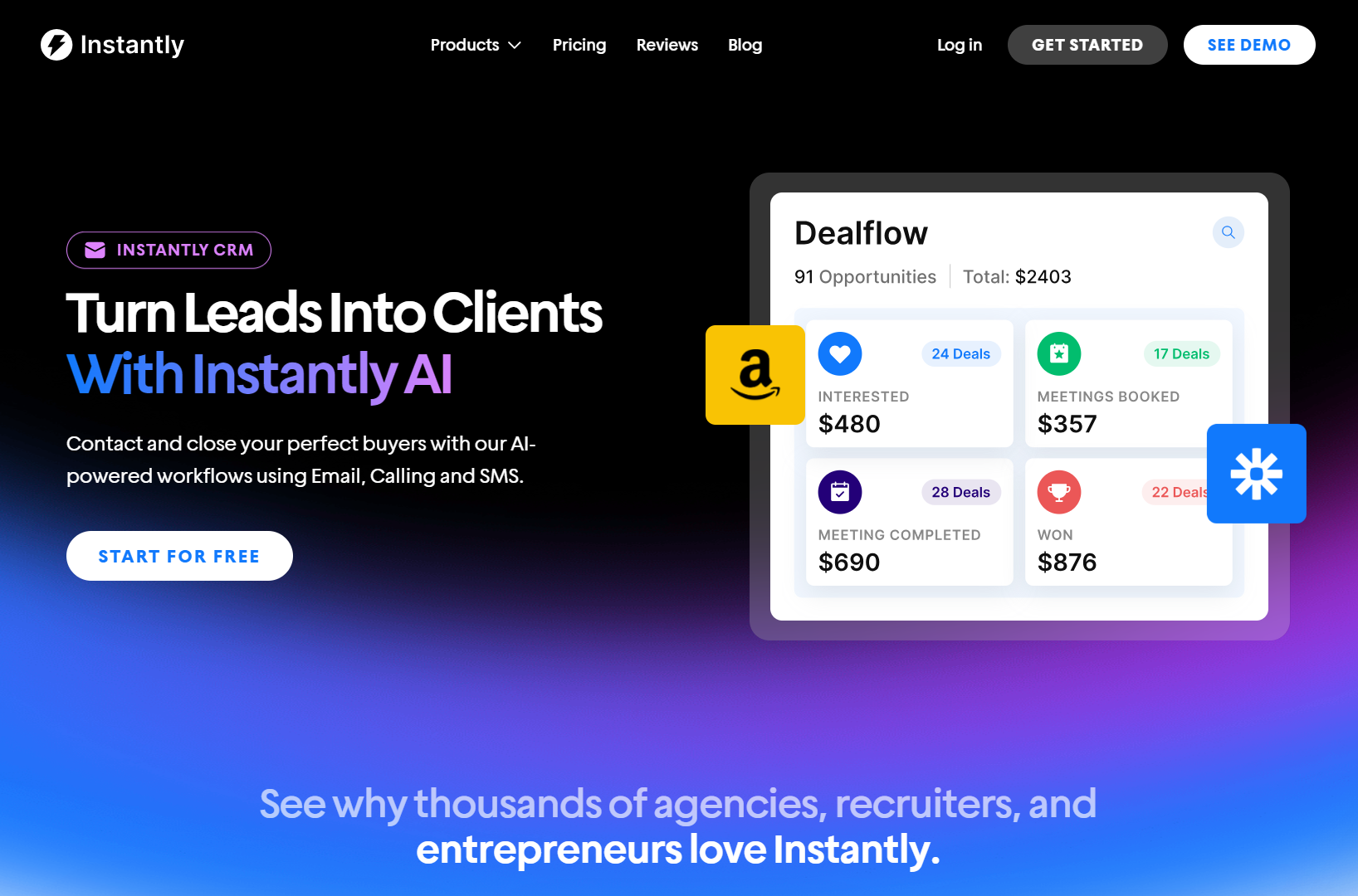Have you ever wondered why some sells are arduous and unrewarding, while others are easy wins? Human psychology plays a much larger factor in sales than we might think.
Certain psychological tenets guide consumer behavior, and if you can tap into the principles behind them, you’ll instantly generate leads and drive more sales.
Though most businesses only sell one product or one type of product, consumers buy hundreds of products for hundreds of reasons. Tapping into what drives consumers toward certain products, what moves them from interest to action, and the role of emotion in making a sale are vital lessons for any business owner.
The following guide will cover the essentials of sales psychology, including the following core tenets:
- Key principles of sales psychology like reciprocity and scarcity.
- Techniques to implement psychologically-informed sales.
- How to measure the impact of psychological sales strategies.
What is the Psychology of Selling?
Sales psychology refers to the internal psychological and emotional influences on customer behavior, which often override external factors such as price and marketing.
Businesses and their managers can harness key insights from inquiries conducted into sales psychology to revamp their sales strategies and amplify their engagement, conversions, and sales.
The Role of Emotions in Sales
Although the term “sales psychology” trains sellers to focus on customer thoughts, the focus should be entirely on customer feelings.
Research published in the Harvard Business Review showed that feelings of optimism, pleasure, and excitement drive customers toward larger and more frequent purchases. You can leverage this finding by fostering positive emotional connections with customers to drive sales.
Key Psychological Principles in Sales
If you want to supercharge your sales growth, you have to utilize sales psychology.
It’s important to identify the right demographic, set attractive prices, and create compelling marketing campaigns. However, incorporating psychological principles into your sales approach can yield an even greater return on investment.
Reciprocity
Human beings are wired to share. When we’re given something pleasing, we want to give back.
This is the principle of reciprocity, that an act of generosity can inspire purchase and investment in return. For example, giving away free branded merchandise or hosting a free informational session can drive reciprocal sales.
Social Proof
Potential customers frequently look for external validation of a business’s trustworthiness. It often isn’t enough to take the word of a salesman on the company’s payroll.
Gathering positive testimonials and encouraging your happy customers to leave glowing reviews will provide the “social proof” new customers need to take the plunge.
Scarcity
Less is more: it’s a timeless proverb for a reason. New and returning customers alike will be driven more eagerly to make a purchase if they perceive that something is in short supply.
Offer seasonal sales and use language like “limited-time offer” and see instant results.
Commitment and Consistency
Committing to a lifestyle change is tough. The promise of a consistent product or service that facilitates that change can help enormously.
Market products as having consistent use to drive consistent revenue growth.
Psychological Sales Techniques
Understanding the psychological principles that drive customer behavior is only one-half of sales psychology. The other half is developing sales techniques that implement these insights.
- Storytelling: Human beings are far more engaged by stories than they are by the direct communication of facts and figures. Selling your products and services via stories as opposed to direct sales pitches will build trust, pique curiosity, and drive conversions.
- Active Listening: Active listening can benefit your bottom line in two ways. First, taking time to listen demonstrates to customers that you care about their perspective and experience. You’ll garner a large share of trust from listening, plus you’ll likely learn exactly what it is they’re looking for.
- Building Trust and Credibility: People work hard for their money. They want to know they’re getting a good return on their investment. Build credibility by practicing active listening, engender trust by asking your loyal customers to leave positive reviews online and by moderating your outreach pace.
Overcoming Psychological Barriers
Building these sales psychology techniques into your sales enablement strategy can majorly boost conversions and sales. But you may still encounter some roadblocks along the way.

Handling Objections
Don’t strive to intuit and overcome customers’ every passing objection before they voice them. Listen to your customers and talk through the motivations behind their objections. Most can be easily dissolved.
👉 Read more on handling sales objections here.
Reducing Buyer Anxiety
Anxiety is a natural feeling to have when considering a purchase. On the sales side, it benefits you to work with rather than against consumer anxiety.
Speak from person to person, not from seller to buyer, about how reasonable their reservations are. It will increase trust and dispel the impression of a “hard sell.” Redirect negative anxiety into productive anxiety like FOMO (fear of missing out), which facilitates greater sales.
Measuring the Impact of Psychological Strategies
Understanding consumer psychology and augmenting your sales approach to incorporate key takeaways can transform your business. Learning how to measure the impact of these strategies on your overall approach can help you fine-tune them even further.
Tracking Sales Metrics
Choosing the right Key Performance Indicators (KPIs) is critical when tracking the effectiveness of your business strategies. Before you decide what to track, understand your priority objectives and your growth goal. Examples of common KPIs include:
- Net Sales Revenue
- Churn Rate
- Lead Response
- Customer Lifetime Value (CLV)
You can use Instantly’s leading Customer Relationship Management (CRM) software to track your analytics. Get a free trial today to explore its dynamic functionalities and get your business on a path to growth.

Customer Feedback:
Honest feedback is critical data for modifying your sales approach. You may think you’ve hit on an impactful psychologically-informed sales strategy, but the feedback shows you woefully misunderstand your customer base and need to retool.
Conclusion
If you can internalize key psychological principles like scarcity and reciprocity behind customer behavior, build sales strategies tailored to these insights, and track their impact on your bottom line, you’ll have redefined what it means to succeed in business.
Check out Instantly AI’s CRM to automate your email marketing approach, foster new leads, and drive the growth you’ve been striving for.




